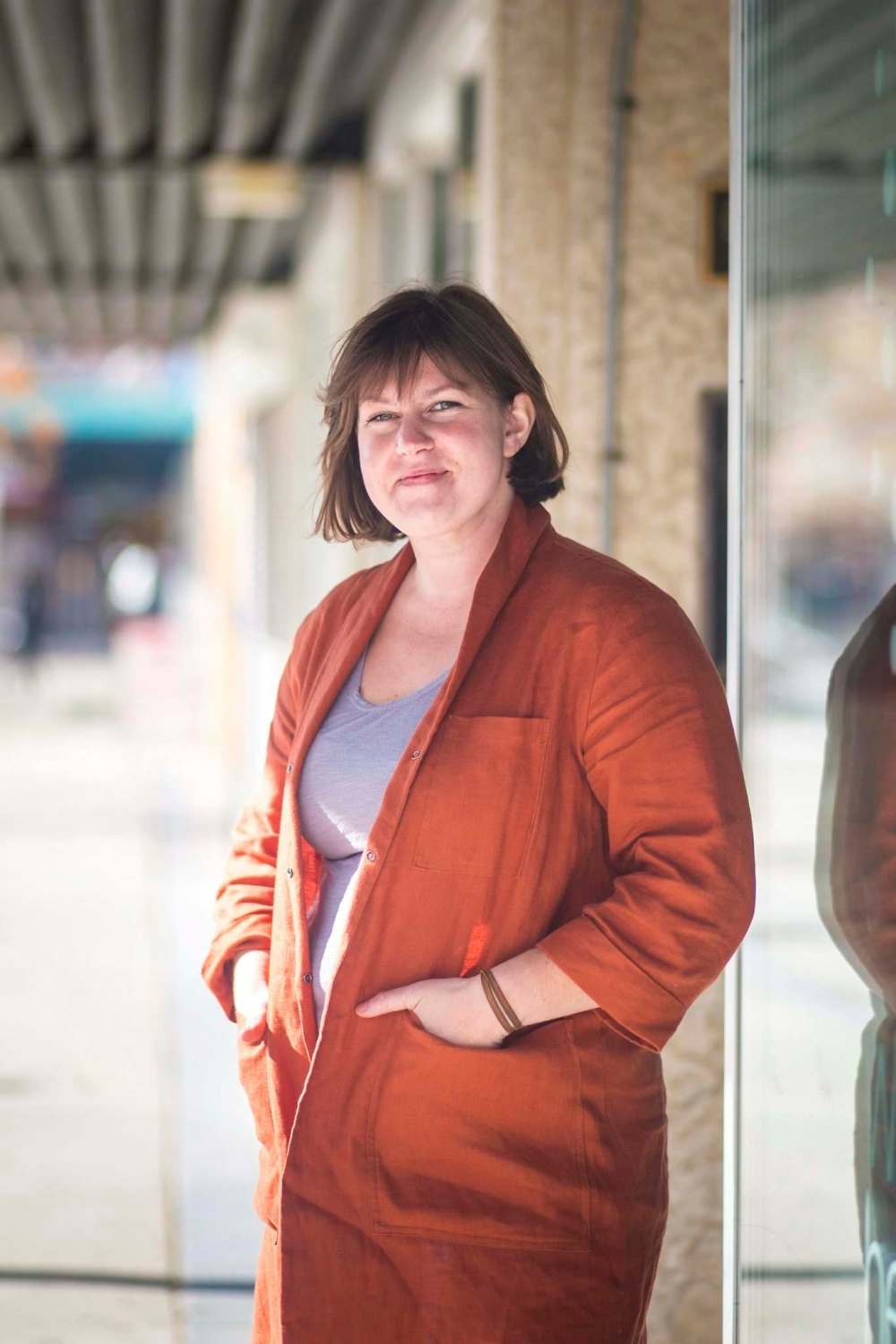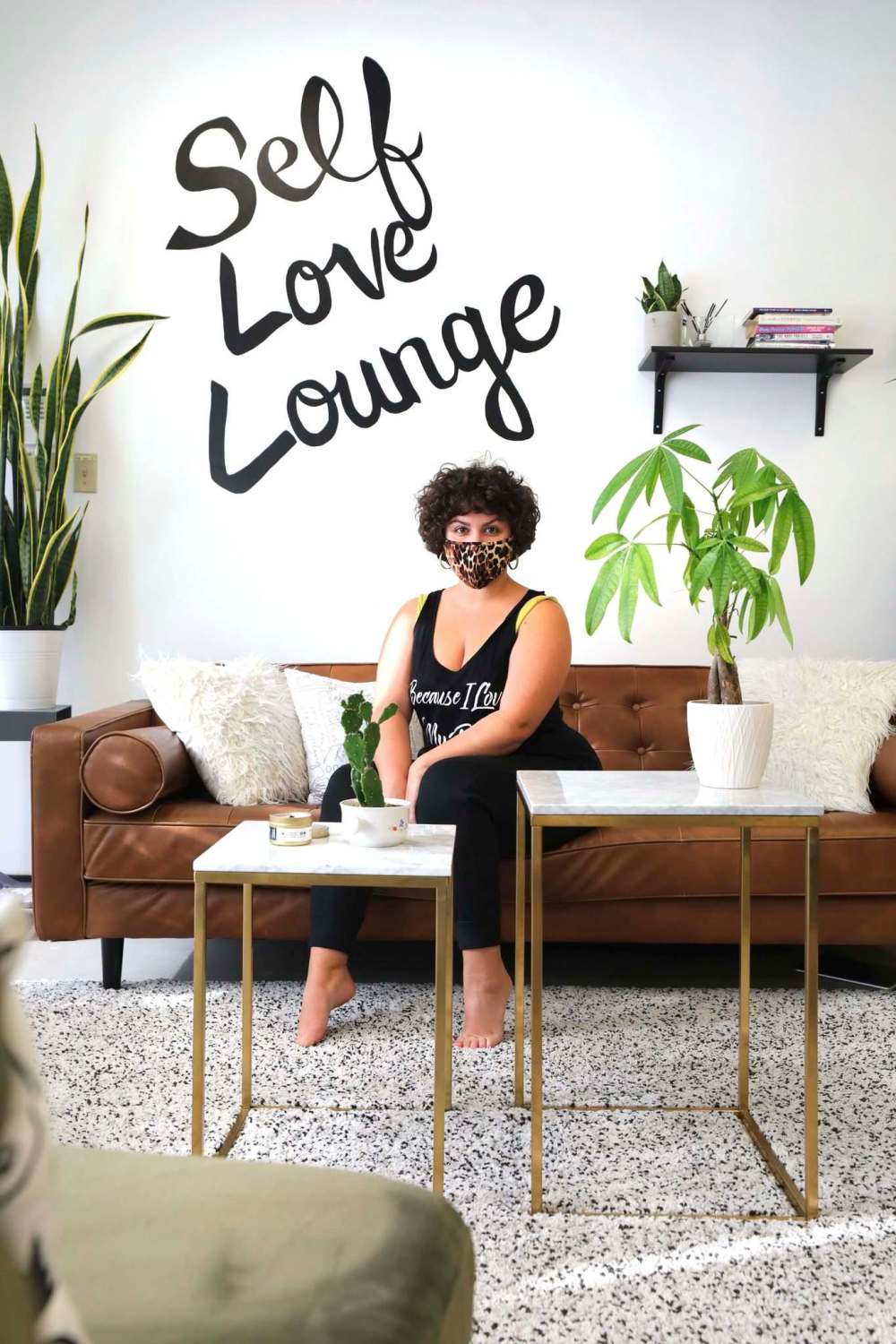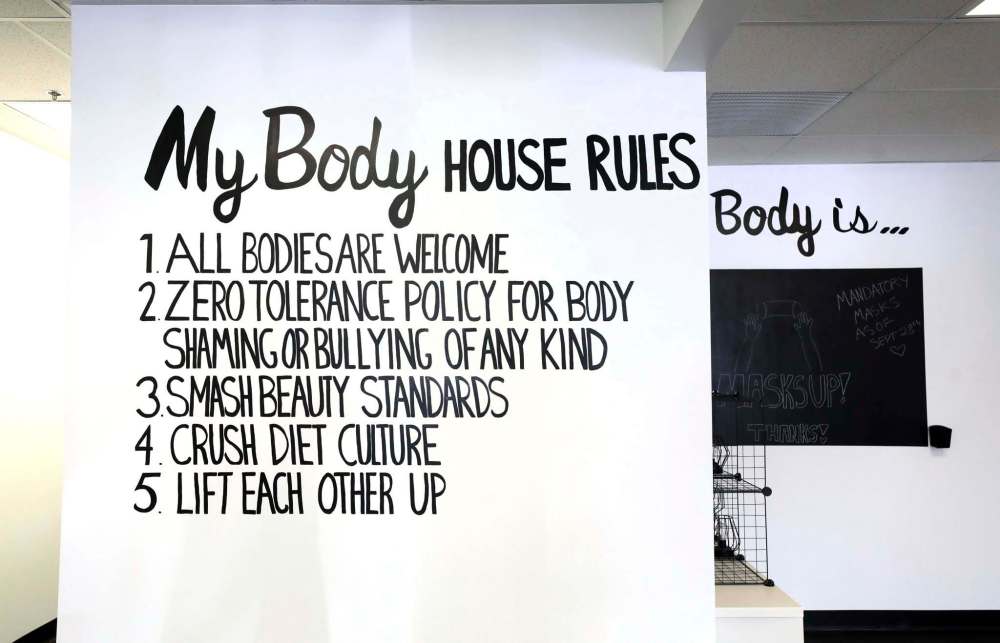The weight escape
Despite what diet culture tells us, finding comfort in food, recharging our bodies essential during pandemic
Advertisement
Read this article for free:
or
Already have an account? Log in here »
To continue reading, please subscribe:
Monthly Digital Subscription
$0 for the first 4 weeks*
- Enjoy unlimited reading on winnipegfreepress.com
- Read the E-Edition, our digital replica newspaper
- Access News Break, our award-winning app
- Play interactive puzzles
*No charge for 4 weeks then price increases to the regular rate of $19.00 plus GST every four weeks. Offer available to new and qualified returning subscribers only. Cancel any time.
Monthly Digital Subscription
$4.75/week*
- Enjoy unlimited reading on winnipegfreepress.com
- Read the E-Edition, our digital replica newspaper
- Access News Break, our award-winning app
- Play interactive puzzles
*Billed as $19 plus GST every four weeks. Cancel any time.
To continue reading, please subscribe:
Add Free Press access to your Brandon Sun subscription for only an additional
$1 for the first 4 weeks*
*Your next subscription payment will increase by $1.00 and you will be charged $16.99 plus GST for four weeks. After four weeks, your payment will increase to $23.99 plus GST every four weeks.
Read unlimited articles for free today:
or
Already have an account? Log in here »
Hey there, time traveller!
This article was published 15/10/2020 (1884 days ago), so information in it may no longer be current.
It started with the Facebook posts. The memes about gaining the “COVID 15,” a play on the “freshman 15.” Quips about having to learn to “socially distance” from the kitchen, or “fattening the curve.”
Then came the Zoom fitness challenges and promotions for virtual weight-loss programs. Sure, soothe yourself in These Times by baking bread — but heaven forbid you should soothe yourself by eating the bread.
This is fatphobia and diet culture — the pursuit and exaltation of thinness at any cost — at work.
“Diet culture, to stay relevant, has had to shift and change and jump onto things as it can,” says Kat Oksanen, a registered dietitian who works in the provincial program for eating-disorder prevention and recovery, and the health-education program at Women’s Health Clinic. “COVID-19, being a global crisis where lots of people have heightened anxiety and stress, it’s kind of the perfect opportunity for diet culture to jump on board.”

Food and exercise are two places where people seek control, especially at a time where things feel out-of-control and stressful, Oksanen points out.
She says wanting to control things during periods of uncertainty is natural, but adds it’s important to acknowledge that “diet culture and becoming overly preoccupied with — and stressed out by — food and movement are not going to be things that will serve us well.”
So, how does one find freedom from the tyranny of diet culture during the pandemic?
“I think, first and foremost, trying to embrace that normal piece: that food is comforting, and it’s OK to eat for comfort,” Oksanen says. “Food does so much more for our bodies than just provide us with nutritional fuel. It connects us to culture and family, traditions, positive memories — things that COVID takes away. So in a world where it’s hard to find those pieces of connection, I think creating space for you to eat more freely and flexibly and regularly, without judgment, and that connectedness with food is so important.”
Oksanen recommends practising mindfulness, which she defines simply as “being in the present moment without judgment.” Take notice of the rules you might have created for yourself around food. Check in with yourself: Am I hangry? Have I eaten enough today?
Explore, with curiosity, how you think about food. When we label food, we ascribe certain value judgments to it. That’s how kale becomes “clean” and virtuous, while chocolate chip cookies become “dirty” and sinful, even though they are both just food.
“It creates guilt and shame within ourselves,” Oksanen says. “If I’m ‘bad’ for feeling soothed by having a meal, that makes me ‘bad’ inherently as well.”
She also stresses the importance of eating food regularly, which may be a struggle for people during the pandemic for myriad reasons.
“Diet culture pushes us into a realm where we’re restricting our intake, so we’re not getting enough,” she says. “When our bodies are deprived of the quantity of food required to live our day-to-day (lives), it creates a heightened sense of stress and anxiety. If we already have heightened emotions, and then we’re restricting our food, we’re pushing ourselves into a realm that’s going to feel more overwhelming.”
Brooke Van Ryssel is the owner of My Body Fitness + Nutrition, a body-inclusive fitness space and community. Like Oksanen, she, too, has seen how diet culture and fatphobia have been able to flourish during a global pandemic.

“This is a situation where people are isolated, they are away from a lot of their normal activities,” says Van Ryssel, who is a certified personal trainer and registered holistic nutritionist. “People are incredibly vulnerable right now and diet culture, and the whole industry, is fed by vulnerability. So they’re going to capitalize on you feeling bad about yourself and you feeling isolated and having time and space to confront your own feelings.”
Diet culture will have you believe that weight loss is the only reason to move your body. Instead, Van Ryssel encourages people to explore joyful movement, a concept popular in Health at Every Size communities.
“That can be a broad statement of whatever movement brings you joy, but it really is true: we’re sold this idea that exercise should be used as a form of punishment — for the way we look, for what we ate, for what we might eat,” she says. “We forget that we’re allowed to have joy in it, and we don’t actually have to do exercise that makes us feel like garbage. If you don’t like a certain type of movement, you don’t have to do it.”
Also, one doesn’t need to subscribe to the no-excuses, never-miss-a-Monday mentality endemic to fitness culture — which, in the context of a pandemic, is potentially dangerous. How many people are culturally conditioned to “push through” and work out while ill? How many commercials for daytime cold medication depict people doing precisely that?
That’s why, when we’re talking about fitness in the era of COVID-19, it’s important to consider not only the risks associated with the activities themselves, but also the broader culture surrounding them.
“Stay at home even if you’re mildly ill” seems like simple, prudent advice, but it can be hard to follow if you’ve been led to believe rest is a four-letter word.
“Rest is always a valid option, regardless of how much of it you think you’ve already had,” Van Ryssel says. “If your body is telling you to rest, it’s a valid choice. It’s a necessary choice. If you don’t take the rest you need, that’s when more complications arise.”

When it comes to finding ways to move your body that you actually enjoy, Van Ryssel recommends trying a bunch of different activities, but asking yourself a few key questions in the process: Do you feel good before, during and after? Is it accommodating you and all of your needs in your body? Are modifications provided if you have any injuries or are you being given only one option? Is there any messaging going on that makes you leave the class or the workout feeling uncomfortable?
Both Van Ryssel and Oksanen also recommend doing a social media audit. You don’t have to unfriend your “diet starts Monday!” relative, but you can mute her. Unfollow any Instagram accounts that make you feel bad.
And stop beating yourself up. You aren’t a “failure” or “lazy” or “out of control” if your body has changed during a global pandemic. You are a human living through a stressful, uncertain time. Have compassion for yourself.
You can bake your sourdough and eat it, too.
jen.zoratti@freepress.mb.ca
Twitter: @JenZoratti

Jen Zoratti is a Winnipeg Free Press columnist and author of the newsletter, NEXT, a weekly look towards a post-pandemic future.
Our newsroom depends on a growing audience of readers to power our journalism. If you are not a paid reader, please consider becoming a subscriber.
Our newsroom depends on its audience of readers to power our journalism. Thank you for your support.

